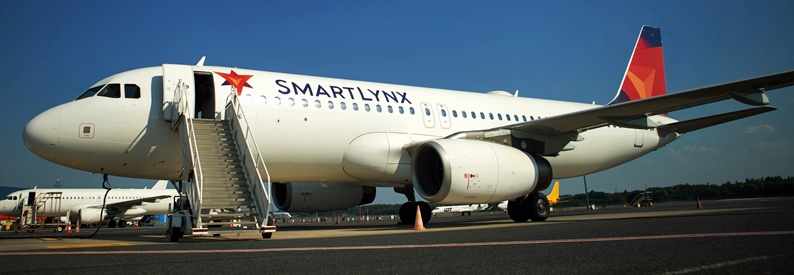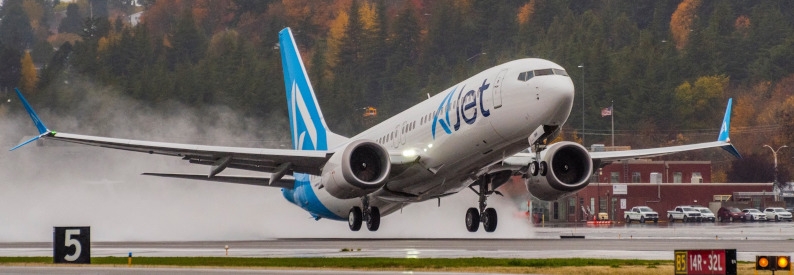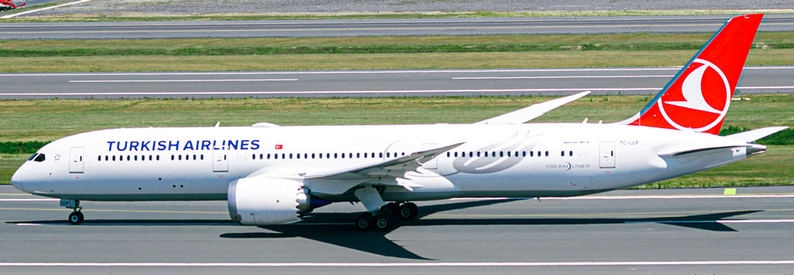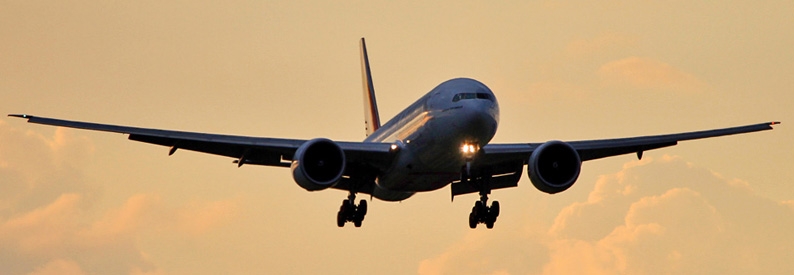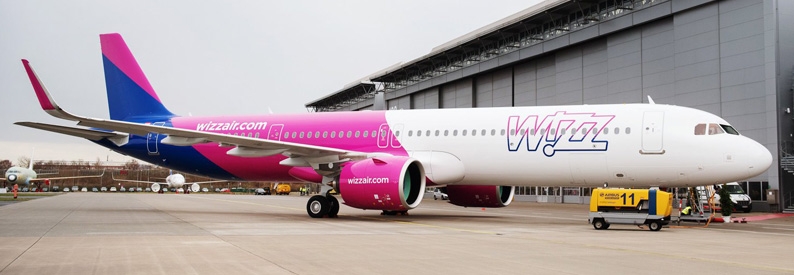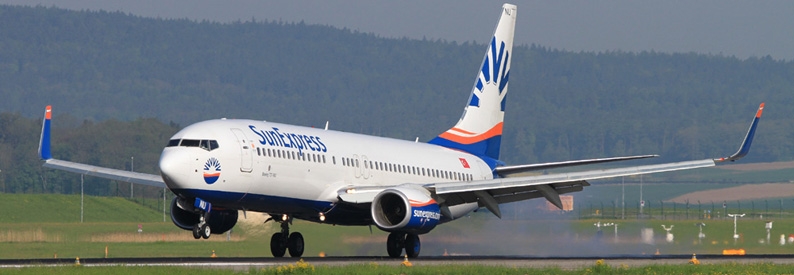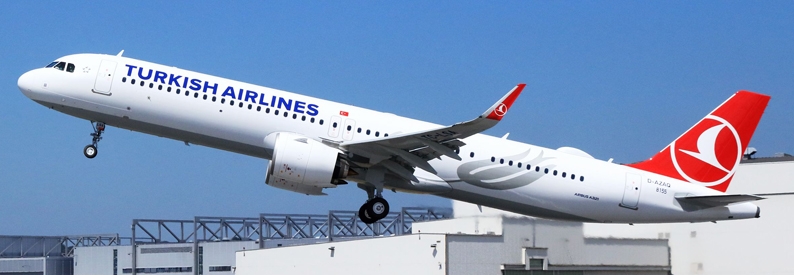Turkish Airlines (TK, Istanbul Airport) is planning to order around 30 regional jets to match post-pandemic demand for air travel and is considering initial public offerings (IPOs) and joint ventures for its subsidiaries AnadoluJet (Ankara Esenboga) and Turkish Cargo, according to media reports.
The Turkish carrier has met with Airbus (AIB, Toulouse Blagnac) to discuss the acquisition of around thirty A220-300s, in preference to the E195-E2 taking into account the operating costs and range specific to the airline, sources told the aviation news site Haber Aero. Either would be a new aircraft type for the flag carrier, which has been conducting market research into the regional market for a while.
Turkish Airlines’ chairman, Ahmet Bolat, told Reuters that the company “is evaluating different strategies such as joint ventures and IPOs” for regional carrier Anadolujet and Turkish Cargo. According to the ch-aviation Commercial Aviation Aircraft Data module, Anadolujet currently operates a fleet of fifty-two B737-800s (average age 16.4 years) and five B737-8s, on routes to northern Cyprus, the Middle East, and Europe. Bolat said it could be transformed into a no-frills carrier.
“In addition to our main brand Turkish Airlines, we’re planning to renew Anadolujet’s fleet with new-generation narrowbody jets,” he said.
Turkish Airlines is also considering participation in international bond markets and may issue Eurobonds to fund future growth, Bolat divulged. This includes expansion in the air cargo and logistics sectors.
“We are constantly evaluating both organic and inorganic growth opportunities with our subsidiaries. Our main point of view here is to evaluate smart investment and productive opportunities by looking at growth opportunities through acquisition/attribution,” he added.
“Our goal is to increase the efficiency of our operations by supporting our existing subsidiary portfolio with all kinds of new technologies and sustainable strategies. In this way, we will support the growth we have achieved in our main business line with the growth potential in different fields. We are considering various alternatives for AnadoluJet and Turkish Cargo, such as partial spin-off, new partnerships, and public offerings.”
Bolat claimed that many of the airline’s financial indicators for May were above 2019 levels but did not give further details. Passenger numbers were 8% above those of May 2019 and load factor 2.5 points higher. Profit is likely be in line with last year, when it posted USD959 million in profit and USD10.7 billion in revenue.
- Type
- Base
- Aircraft
- Destinations
- Routes
- Daily Flights
